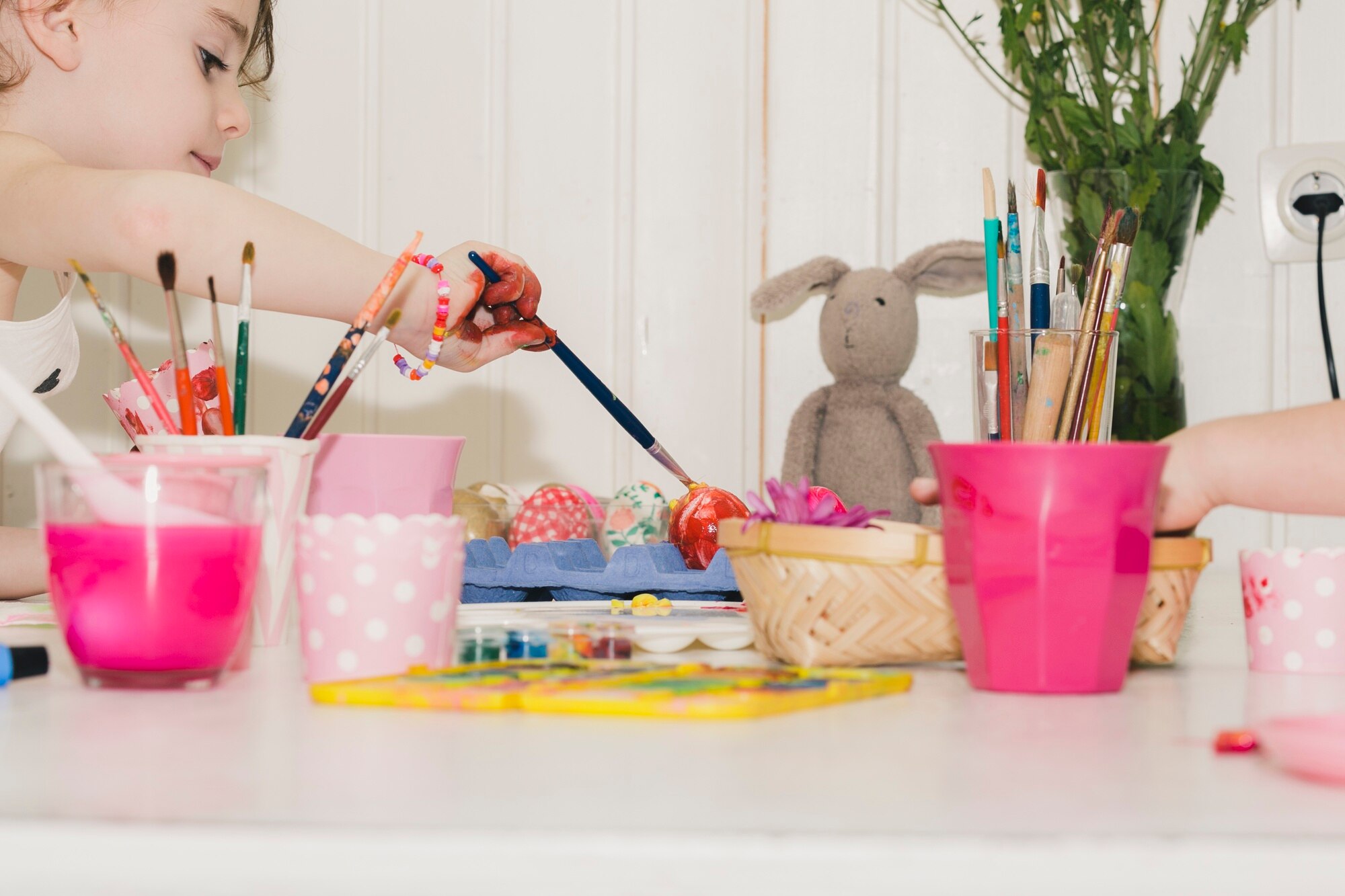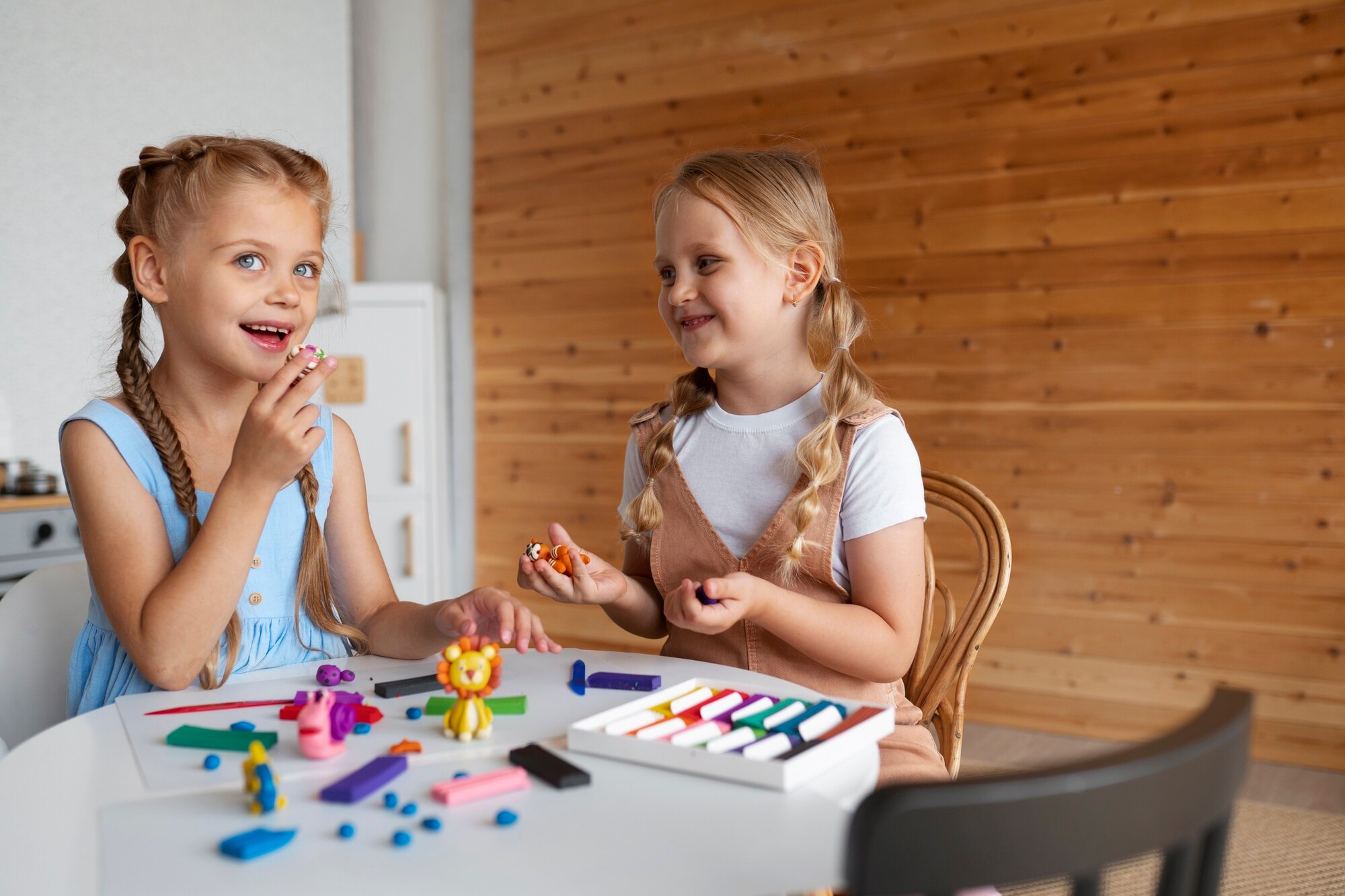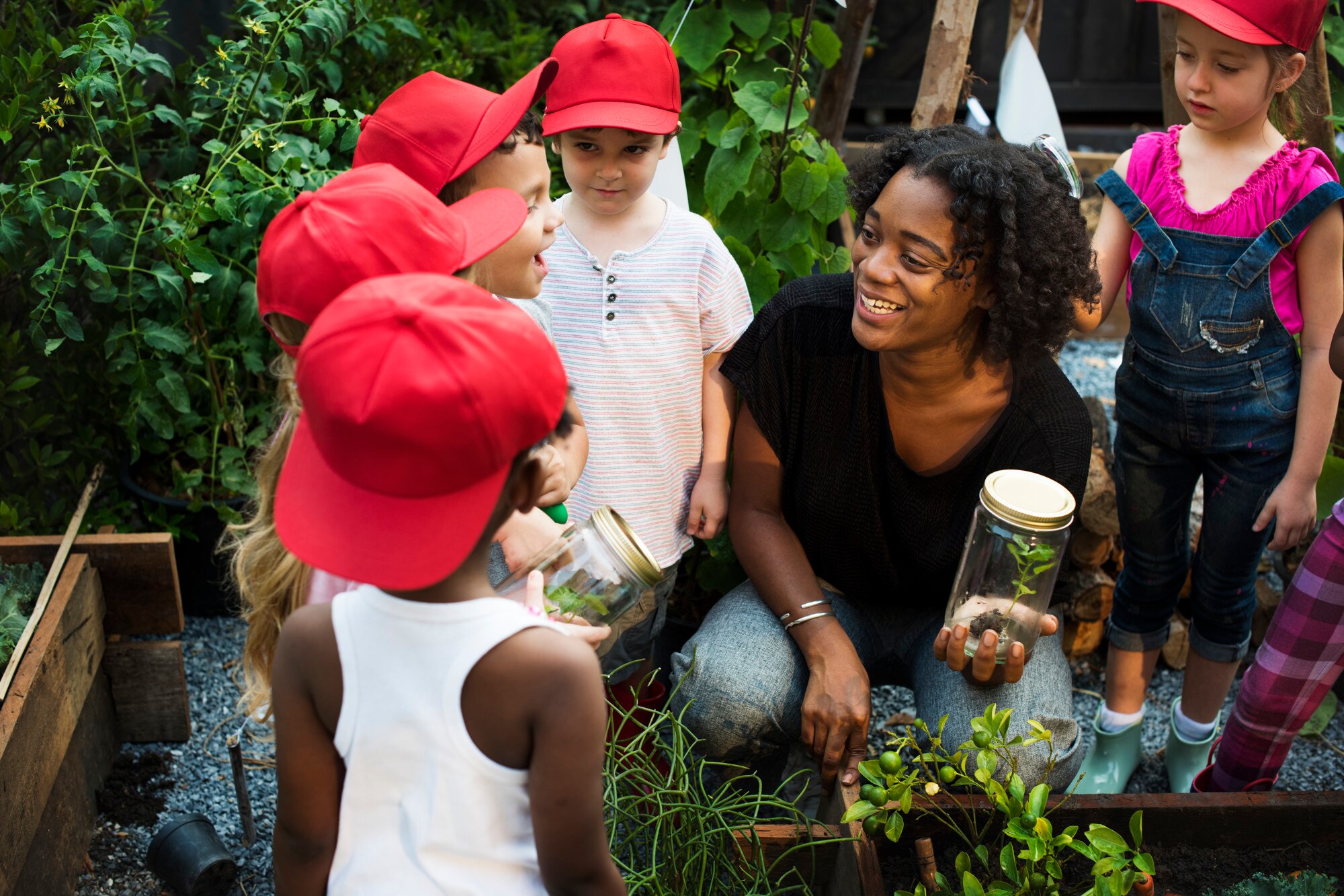Unlocking Creativity: How Play Fuels Young Minds
Play is a magical gateway to creativity for young children, sparking their imagination and nurturing problem-solving skills in delightful ways. As parents and caregivers, incorporating creative play into daily routines can transform ordinary moments into extraordinary learning experiences. Engaging in educational activities without screens encourages early childhood development while fostering a love for learning that lasts a lifetime. Through playful interactions, children explore their world, express themselves, and develop essential skills that lay the foundation for future success. Join us as we explore the wonders of screen-free learning and share simple ways to inspire imaginative play every day. 🎨🌟
The Power of Creative Play

Creative play is a vital component in the healthy development of young children. It serves as the foundation for a child’s ability to imagine, explore, and learn. Through play, children develop their cognitive, social, and emotional skills, which are essential for future learning and success.
Sparking Imagination in Young Children
Imagination is the ability to form new ideas and concepts that are not present to the senses. In young children, imaginative play involves role-playing, storytelling, and inventing games. These activities stimulate the mind and foster creativity.
Role-playing encourages children to put themselves in someone else’s shoes, enhancing empathy and social skills. For instance, pretending to be a doctor or a chef can help them understand different professions and scenarios.
Creative play also offers rich sensory experiences, such as playing with clay, sand, or water. These activities engage multiple senses, which is crucial for brain development.
Engaging stories can further spark imagination. Encouraging children to create their own tales helps develop narrative skills and logical thinking.
Educational Activities Without Screens
Screen-free activities are crucial in today’s digital world. They provide opportunities for children to engage physically and mentally without the distractions of electronic devices.
-
Outdoor play: Activities like running, jumping, and climbing improve physical health and coordination.
-
Arts and crafts: Encourages fine motor skills and allows children to express themselves.
-
Simple science experiments: Help children understand basic scientific concepts through observation and hands-on involvement.
Screen-free activities promote better attention spans and problem-solving skills. They allow children to explore their surroundings and learn through direct interaction.
For more ideas on engaging children in educational activities, visit Waterford’s resource page and Begin Learning.
Benefits of Screen-Free Learning

Screen-free learning emphasizes the importance of direct engagement and exploration. It offers numerous benefits that are integral to early childhood development.
Fostering Early Childhood Development
Early childhood development is the period when the brain grows at its fastest rate. During this time, children learn more rapidly than at any other age.
Screen-free learning encourages children to use their hands and bodies, leading to better motor skills development. Activities like building blocks or drawing require precise movements and coordination.
Interactive play with peers and adults fosters social and emotional skills. Children learn to share, take turns, and resolve conflicts through play.
According to NAEYC, play-based learning supports cognitive development by encouraging critical thinking and problem-solving.
Building Essential Problem-Solving Skills
Problem-solving skills are essential for navigating life. Screen-free activities offer a plethora of opportunities to enhance these abilities.
When children face challenges during play, such as building a stable block tower, they learn to experiment and find solutions. This process strengthens their logical thinking.
Creative play encourages independent thinking and decision-making. Children learn to assess situations and make choices based on their observations.
To explore more on supporting children’s learning through play, visit Childcare.gov.
Inspiring Imaginative Play Every Day

Incorporating imaginative play into daily routines can significantly benefit children’s development. Here, we explore simple methods to inspire creativity and introduce the Discovery Pack.
Simple Ways to Encourage Creativity
Encouraging creativity doesn’t have to be complex. Simple, everyday actions can stimulate a child’s imagination.
-
Storytime: Read books together, then encourage children to invent their own endings or stories.
-
Art projects: Provide materials like crayons and paper for free expression.
-
Nature walks: Explore the outdoors to inspire curiosity about the natural world.
Consistent encouragement can help children feel confident in their creative abilities. Small changes in routine can lead to significant developmental benefits.
For more tips on nurturing creativity, explore these NAEYC resources.
Introducing the Discovery Pack 🎨🌟
The Discovery Pack provides a hands-on approach to learning, perfect for fostering creativity in young minds. It includes activities that do not require screens, promoting active engagement.
Key Features:
-
Arts and crafts materials: Encourage artistic expression.
-
Activity guides: Simple instructions to inspire creative play.
-
Interactive tools: Designed to develop various skills like numbers, letters, and shapes.
The Discovery Pack is designed to be user-friendly for both children and parents. It offers a structured yet flexible approach to learning.
Consider integrating the Discovery Pack into your child’s playtime to enhance their creativity and learning potential. Visit Begin Learning to learn more about this wonderful resource.


